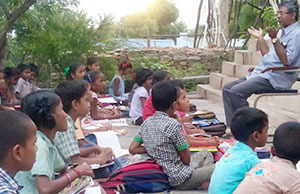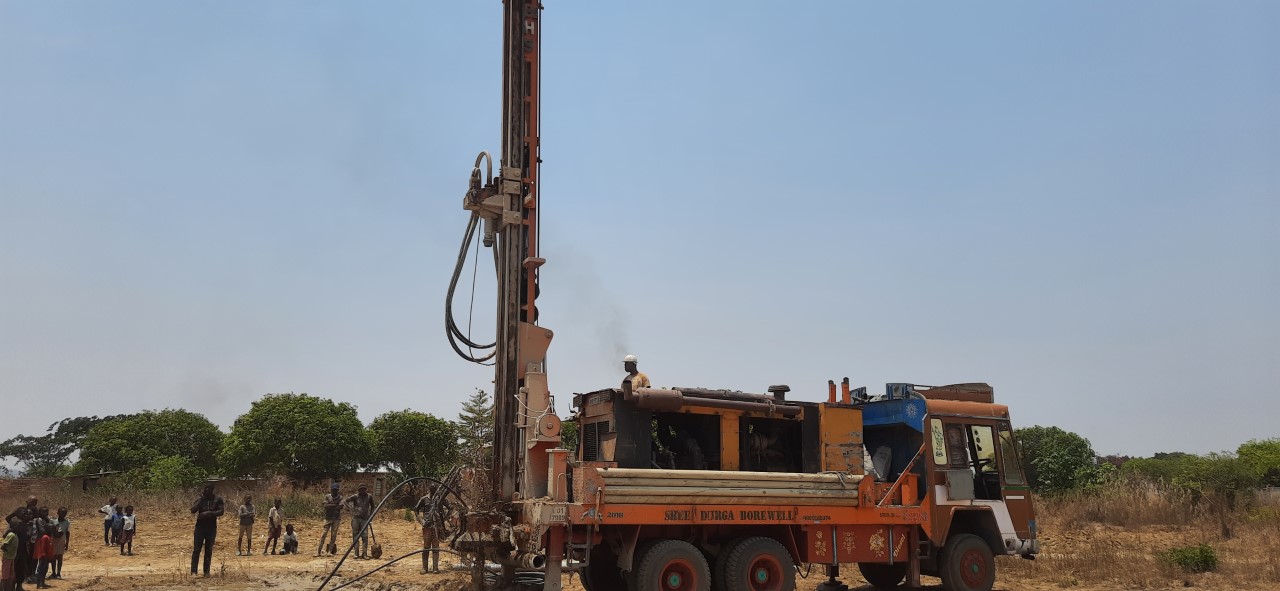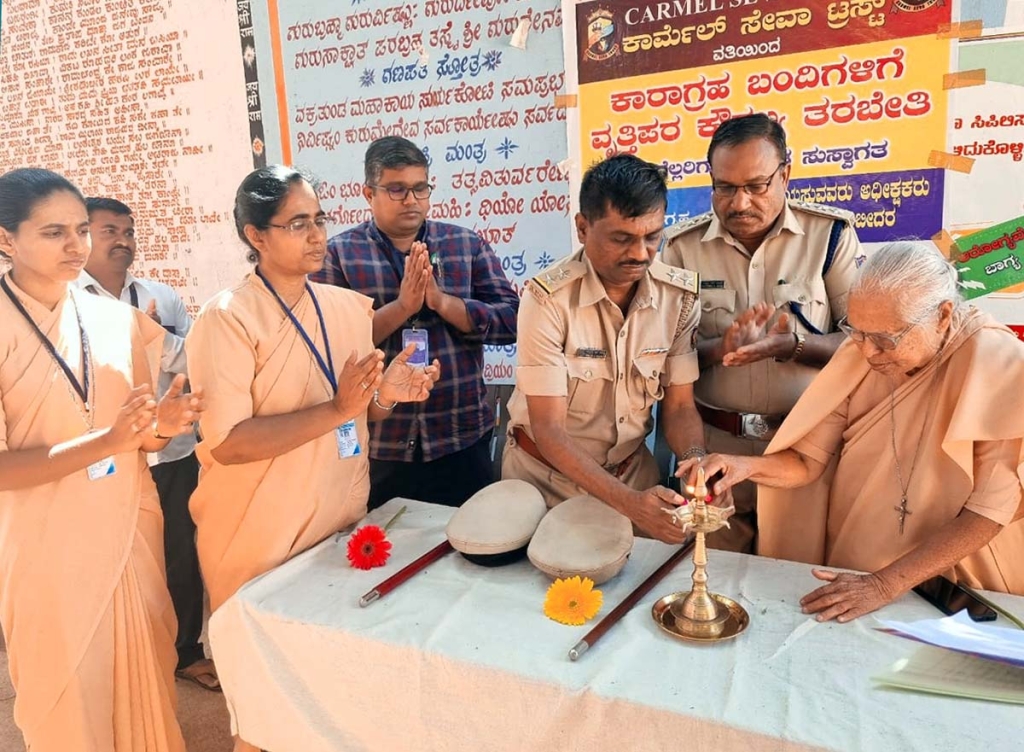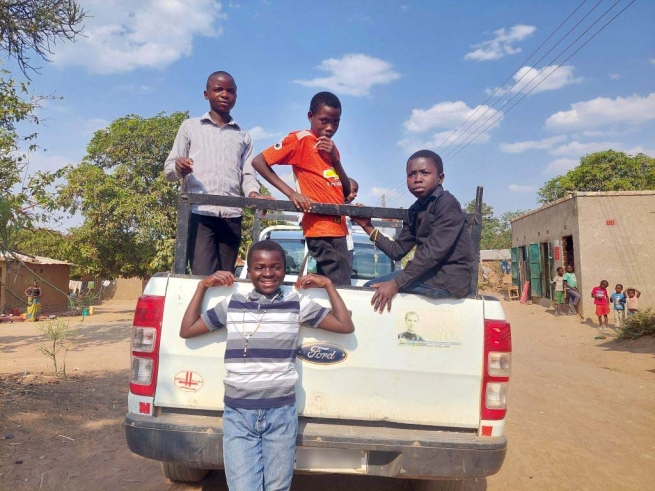INDIA: Donor funding helps to provide education and tutoring assistance to 650 youth at two Salesian centers

(MissionNewswire) Salesian programs in India were able to provide additional services to at-risk and marginalized youth thanks to donor funding through Salesian Missions. The funding enabled the Ongole Don Bosco Center in Andhra Pradesh to start a summer camp and Don Bosco Nagar in Hyderabad to provide extra services in its tutoring centers.
The summer camp started by the Ongole Don Bosco Center serves 150 marginalized and at-risk youth. It offers introductory education classes for street children who have never attended school, English language classes, including reading and writing, and basic computer skills. For youth in the program, the classes have increased their confidence in their ability to learn and will serve them well academically once they begin formal education.
At Don Bosco Nagar, donor funding helped support evening tutoring centers that assist poor youth with their homework and provide counseling, recreation facilities and evening meals. The hope is that these centers will reduce the school drop-out rate and help to groom contributing members of society. About 500 children have received assistance through the donor funding.
“All youth deserve a chance in life, to feel safe and to be a valued member of their community,” says Father Mark Hyde, director of Salesian Missions, the U.S. development arm of the Salesians of Don Bosco. “Youth who attend Salesian programs in India have a real opportunity to enter into a safe and stable environment where they can gain an education, connect with their peers and gain the work and social skills needed for long-term success. We appreciate our donors who help to make this work possible.”
India has the world’s fourth largest economy but more than 22 percent of the country lives in poverty. About 31 percent of the world’s multidimensionally poor children live in India, according to a new report by the Oxford Poverty and Human Development Initiative. A multidimensionally poor child is one who lacks at least one-third of 10 indicators, grouped into three dimensions of poverty: health, education and standard of living.
India’s youth face a lack of educational opportunities due to issues of caste, class and gender. Almost 44 percent of the workforce is illiterate and less than 10 percent of the working-age population has completed a secondary education. In addition, many secondary school graduates do not have the knowledge and skills to compete in today’s changing job market.
Child labor continues to be a serious issue in the country with more than 10 million children in the workforce, as reported by aid agencies. An estimated 11 million children live on the streets facing the daily horrors of rampant exploitation, forced labor, widespread substance abuse and physical violence. For many, it is difficult to imagine a better life.
Salesian missionaries living and working in India place special emphasis on rescuing and rehabilitating children engaged in child labor. There are Salesian-run programs throughout the country that have helped hundreds of thousands of vulnerable youth through the years, and this work continues today.
###
Sources:
World Bank – India




